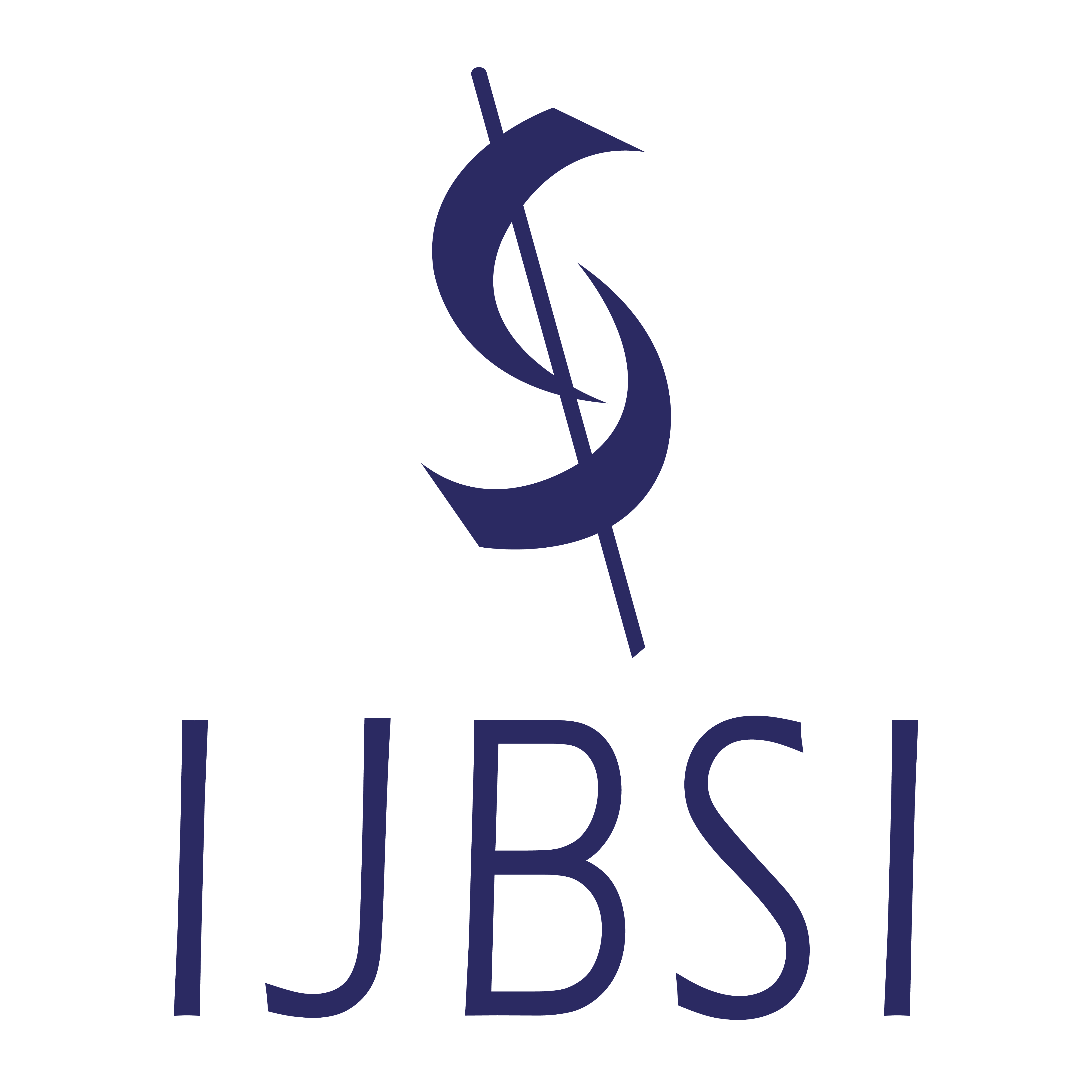Research Article
Catalysts for Green Economy: How Business Models of Start-ups in Environmental, ESG, and RE100 Technologies Drive Global and Domestic Economic Growth
More Detail
1 Korean Minjok Leadership Academy, Hoengseong 25268, Korea* Corresponding Author
International Journal of Business Studies and Innovation, 5(3), September 2025, 1-7, https://doi.org/10.35745/ijbsi2025v05.03.0001
Submitted: 16 April 2025, Published: 30 September 2025
OPEN ACCESS 288 Views 299 Downloads
ABSTRACT
The linear "take-make-dispose" economic model is unsustainable, driving a global business shift towards sustainable development. This review examines the innovative business models of environmental, social, and governance (ESG)-focused and RE100 start-ups, contrasting them with traditional models centered on short-term financial returns. Sustainable start-ups integrate environmental and social impact with financial viability, redefining success. In this review, how these novel approaches influence global and domestic economies is analyzed, and their capacity to foster new markets, attract green investment, create specialized employment, and drive systemic change is explored. Case studies of Ørsted and Apeel Sciences highlight successful transitions and challenges, such as those faced by Solyndra and Terracycle, emphasizing market competitiveness and scalability. These business models emphasize "net-positive" impacts, integration of AI, ML, and IoT for optimized resource use, and advanced circular economy models. Scalability, affordability, cross-sectoral collaboration, strong policy frameworks, and diverse capital availability are required to maximize economic impact and accelerate the global transition to a sustainable economy.
CITATION (APA)
Moon, C. (2025). Catalysts for Green Economy: How Business Models of Start-ups in Environmental, ESG, and RE100 Technologies Drive Global and Domestic Economic Growth. International Journal of Business Studies and Innovation, 5(3), 1-7. https://doi.org/10.35745/ijbsi2025v05.03.0001
REFERENCES
- Amel-Zadeh, A., Serafeim, G. (2018). Why and How Investors Use ESG Information: Evidence from a Global Survey. Financial Analysts Journal, 74, 87–103.
- Apeel. (2024). Freshness That Won't Go To Waste. Available online: https://apeelsciences.com/impact (accessed on February 15, 2025).
- Bloomberg. (2021). ESG assets may hit $53 trillion by 2025, a third of global AUM. Available online: https://www.bloomberg.com/professional/insights/trading/esg-assets-may-hit-53-trillion-by-2025-a-third-of-global-aum/ (accessed on February 15, 2025).
- Bloomberg NEF. (2023). The definitive resource for clean energy investment Available online: https://about.bnef.com/energy-transition-investment/ (accessed on February 15, 2025).
- Bocken, N. M. P., & Short, S. W. (2016). Towards a sufficiency-driven business model: Experiences and opportunities. Environmental Innovation and Societal Transitions, 18, 41–61.
- Bocken, N. M. P., Short, S. W., Rana, P., Evans, S. (2014). A literature and practice review to develop sustainable business model archetypes. Journal of Cleaner Production, 65, 42–59.
- Crunchbase. (2024). Apeel Sciences. Available online: https://www.crunchbase.com/organization/apeel-sciences/funding_rounds (accessed on February 15, 2025).
- Dobbs, R., Oppenheim, J., Thompson, F. Brinkman, M., Zornes, M. (2011). Resource revolution: Meeting the world’s energy, materials, food, and water needs. Available online: https://www.mckinsey.com/capabilities/sustainability/our-insights/resource-revolution (accessed on February 15, 2025).
- Eccles, R. G., Ioannou, I., Serafeim, G. (2014). The Impact of Corporate Sustainability on Organizational Processes and Performance. Management Science, 60, 2831–2852.
- Ellen MacArthur Foundation. (2017). Towards a Circular Economy: Business Rationale for an Accelerated Transition. Available online: https://www.ellenmacarthurfoundation.org/towards-a-circular-economy-business-rationale-for-an-accelerated-transition (accessed on February 15, 2025).
- Ferasso, M., Beliaeva, T., Kraus, S., Clauß, T. (2020). Circular economy business models: The state of research and avenues ahead. Business Strategy and The Environment, 202029, 3006–3024.
- Friede, G., Busch, T., Bassen, A. (2015). ESG and financial performance: aggregated evidence from more than 2000 empirical studies. Journal of Sustainable Finance & Investment, 5, 210–233.
- International Labour Organization. (2023). Renewable Energy and Jobs: Annual Review 2023. Available online: https://www.ilo.org/sites/default/files/wcmsp5/groups/public/%40dgreports/%40dcomm/documents/publication/wcms_895772.pdf (accessed on February 15, 2025).
- Lozanova, S. (2022). Is TerraCycle Greenwashing the Waste Crisis? Available online: https://earth911.com/business-policy/is-terracycle-greenwashing-the-waste-crisis/#:~:text=TerraCycle%20has%20been%20criticized%20for,isn't%20specific%20to%20TerraCycle (accessed on February 15, 2025).
- Morgan Stanley. (2024). Sustainable Funds Modestly Outperform in First Half 2024. Available online: https://www.morganstanley.com/ideas/sustainable-funds-performance-first-half-2024 (accessed on February 15, 2025).
- Ørsted. (2024). Annual Report 2023. Available online: https://orsted.com/en/investors/ir-material/annual-reporting-2023 (accessed on February 15, 2025).
- Osterwalder, A., Pigneur, Y. (2010). Business Model Generation: A Handbook for Visionaries, Game Changers, and Challengers. Hoboken, NJ, USA: John Wiley & Sons.
- PwC. (2023). How can the world reverse the fall in climate tech investment? Available online: https://www.pwc.com/gx/en/issues/esg/state-of-climate-tech-2023-investment.html (accessed on February 15, 2025).
- Wald, M. A. (2011). Solyndra, Solar Firm Aided By Federal Loans Shut Doors. Available online: https://www.nytimes.com/2011/09/01/business/energy-environment/solyndra-solar-firm-aided-by-federal-loans-shuts-doors.html (accessed on February 15, 2025).
- WHO. (2007). Climate change: Quantifying the health impact at national and local levels. Geneva, Switzerland: WHO Press.
- World resources Institue. (2021). The green jobs advantage: how climatefriendly investments are better job creators. Available online: https://www.ituc-csi.org/IMG/pdf/the_green_jobs_advantage_-_wri_nce_and_ituc_working_paper.pdf (accessed on February 15, 2025).

 OPEN ACCESS
OPEN ACCESS

 The articles published in this journal are licensed under the CC-BY Creative Commons Attribution International License.
The articles published in this journal are licensed under the CC-BY Creative Commons Attribution International License.